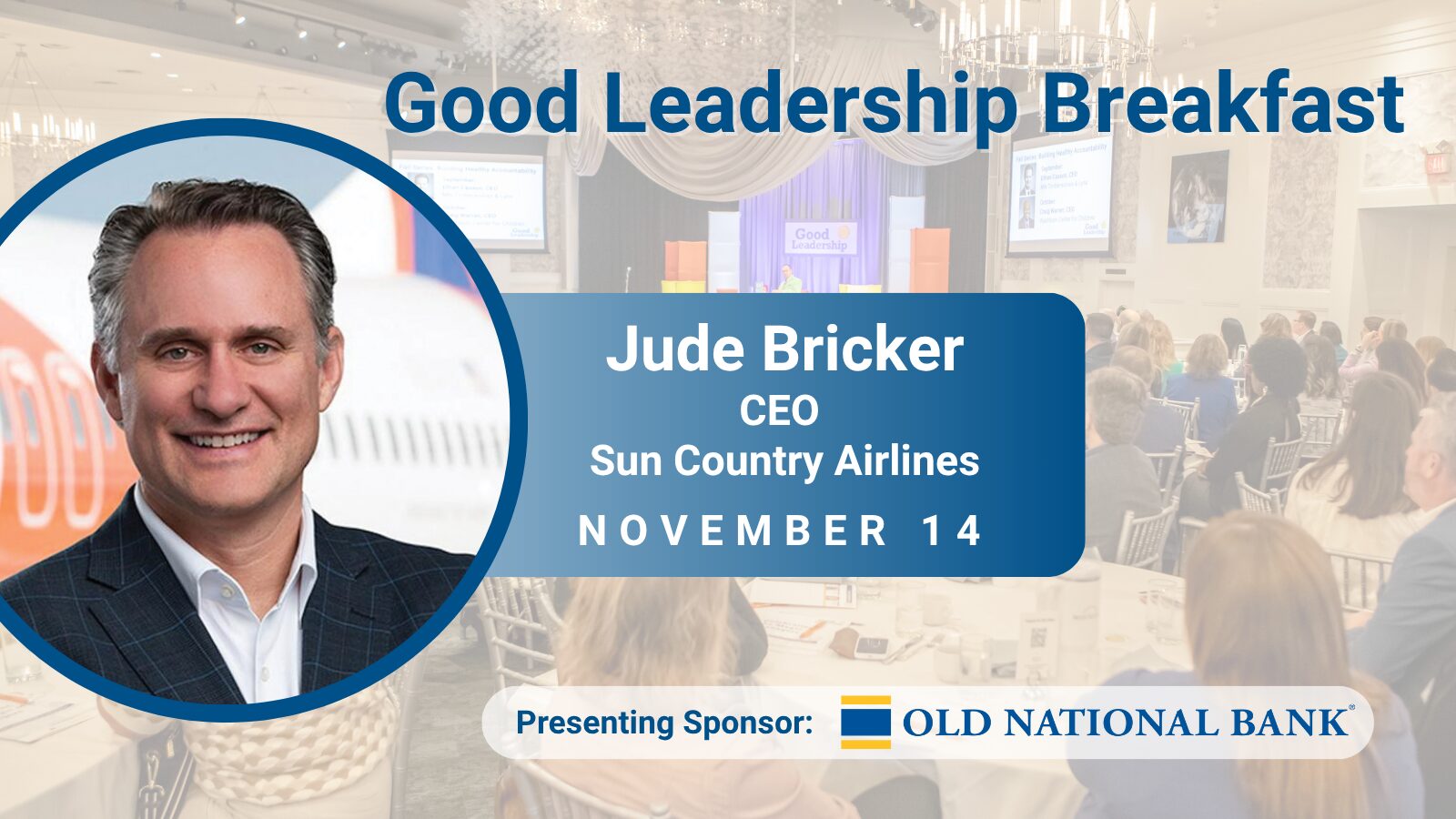

Good Leaders: What’s the value of coaching for you?
Paul Batz

Kathryn Holt is a friend and mentor whose coaching changed the trajectory of my life. In many ways, the success of our firm, Good Leadership Enterprises, is due to what I learned about myself from Kathryn’s coaching. Today, our firm touches thousands of leaders every year with coaching in one form or another. And it’s very satisfying to know that people change the world for the better when they radiate goodness through their good leadership.
Explaining the value
One of the most common questions I get about my career is: “What do executive coaches really do for people?” It’s a good question: coaches can’t change behaviors or hold people accountable. What good coaches do, is help leaders learn from themselves. Good coaches help leaders see what’s possible in their lives, if they decide to think and lead differently. To illustrate the point, let’s revisit my relationship with Kathryn Holt:
In the opening paragraph of this blog, I wrote these words: “The success of our firm…is due to what I learned about myself from Kathryn’s coaching.” Learning from ourselves is called “insights.” Neuroscientists have proven over the past decade that our brains are literally addicted to our own insights. That’s why coaching from a good coach is rewarding.

Who’s coaching you?
Kathryn gave me a couple of personality and learning style inventories that helped me learn that I’m only happy when I’m innovating. I’m happy when I know both myself and my business is growing. And I’m not truly happy unless I’m “driving the bus.” When Kathryn helped me learn this, I was one of five partners in a firm that didn’t fulfill those sources of happiness. Her observations helped me see that I had lost my professional confidence. Because of a bad economy, and a workplace culture that didn’t work for me, I literally didn’t think I had the skills or courage to survive starting a business on my own. In short, my coach believed in me more than I did. And her belief helped me find the courage to follow my calling.
So, what do coaches do? We listen for the thought-models and belief systems behind the behaviors of our coaching clients. We listen for words like “hate, frustrated, can’t, should, and shouldn’t.” Each of those words have self-limiting thought-models and belief systems that drain energy and confidence. Then, with tools, books, vivid stories, and hands-on learning experiences, we help our clients experiment with new words, beliefs, and behaviors aligned with their aspirations. When clients learn from themselves, they are grateful and addicted to that style of learning.
Coaching is increasing in acceptance and value
Sports metaphors are vastly over-used in business, but I like this one: The best teams seek out the best coaching. Championship teams in every sport imaginable hire excellent coaches to help their teams learn how to work together better, sustain their performance, and win championships. So, it shouldn’t be surprising to know that my point-of-view is: Every business leadership team needs coaching.

In the context of business leadership, coaches help their clients create an open system, where people can focus on the same business goals, and routinely share observations and encouragement to help each other grow. We call that goodness – when people thrive together in a culture of encouragement, accountability, and positive teamwork. In 90% of our coaching engagements, increasing goodness also increases financial performance. In short coaching pays, because goodness pays.
So, what’s the value of coaching? We improve leadership in ways that increase financial performance. Doesn’t that sound like fun!?
Good leaders understand they perform better when they are learning about themselves through coaching. And they create an open system where people are focused on the same goals and encouraging each other to grow.
Please share with me: Who’s coaching you?



